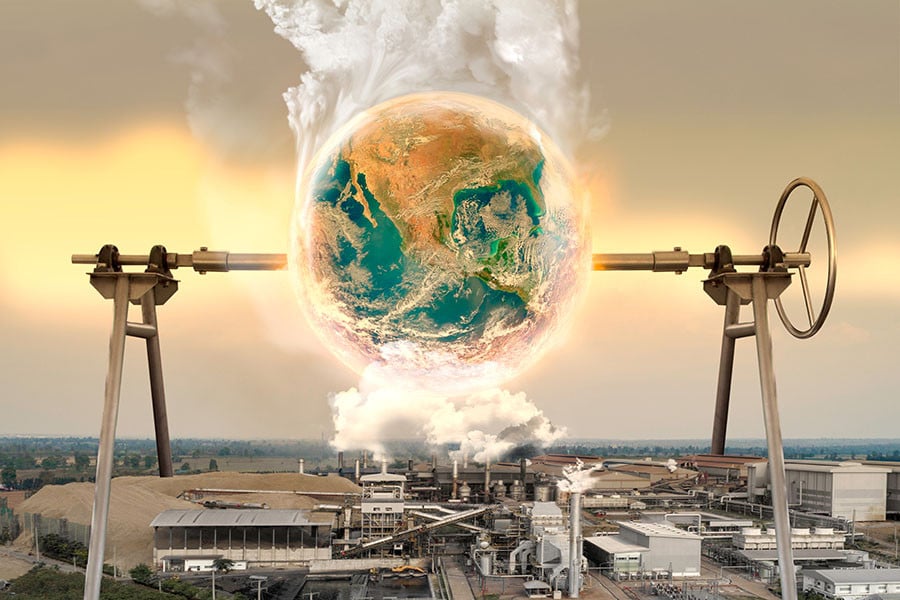
2023 was the world's hottest year. What does it mean for us?
With the EU's recent declaration of 2023 as the world's hottest year, mitigating the increasing global warming is the need of the hour. Here's a lowdown on the causes, repercussions, and possible solutions
 The EU has stated that, on an average, the Earth experienced a temperature increase of 1.48°C in 2023 compared to the pre-industrial period. Image: Shutterstock
The EU has stated that, on an average, the Earth experienced a temperature increase of 1.48°C in 2023 compared to the pre-industrial period. Image: Shutterstock
On January 9, the European Union's Copernicus Climate Change Service (C3S) confirmed 2023 to be the world’s hottest year in the last 100,000 years. Scientists have highlighted that, since June 2023, every month has been the world's hottest on record compared with the corresponding month in previous years. The EU has stated that, on an average, the Earth experienced a temperature increase of 1.48°C in 2023 compared to the pre-industrial period of 1850-1900—an era marked by the commencement of widespread industrial-scale burning of fossil fuels, leading to the release of carbon dioxide into the atmosphere.
As per C3S, the atmospheric carbon dioxide concentration reached a record high of 419 parts per million in 2023. Despite the widespread adoption of climate targets by governments and companies, global emissions of CO2 from the combustion of coal, oil, and gas also reached unprecedented levels during the same time. In 2023, every single day was hotter by more than 1°C than before the industrial era. And, for the first time ever, two days in November were 2°C warmer than in the old times.
“The declaration that 2023 was the hottest on record underlines the felt experiences of global warming by people across the world. While climate change has taken centrestage in international political discourse, action on the ground lags far behind,” says Sumaira Abdulali, environmentalist and founder of the NGO Awaaz Foundation.








